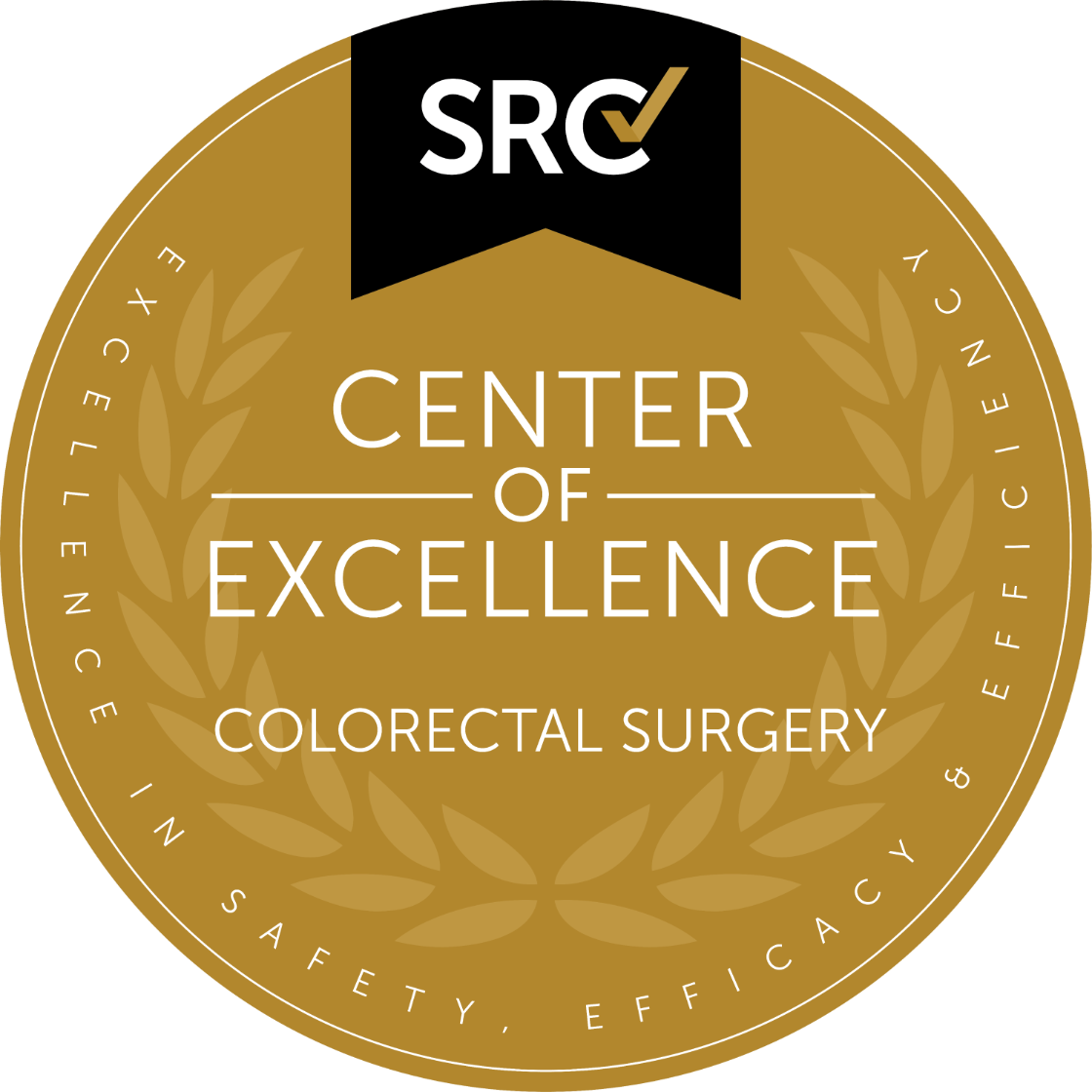We know it can be difficult to talk about colon related issues. But, the reality of colorectal diseases are too important to ignore. The Colorectal Care Center at Glendale Memorial Hospital provides each of our patients compassionate, expert care.
The surgeons at Glendale Memorial's Colorectal Care Center have comprehensive experience in the evaluation and treatment of common as well as unique and complex colorectal diseases and disorders.
We take a team approach to patient care at the Colorectal Care Center. Individual patient evaluation and treatment plans are coordinated with multiple specialists and ancillary care providers, as needed. Our team also includes the staff at Glendale Memorial Hospital, which has been recognized nationally for their dedication to providing exceptional nursing and patient care.


